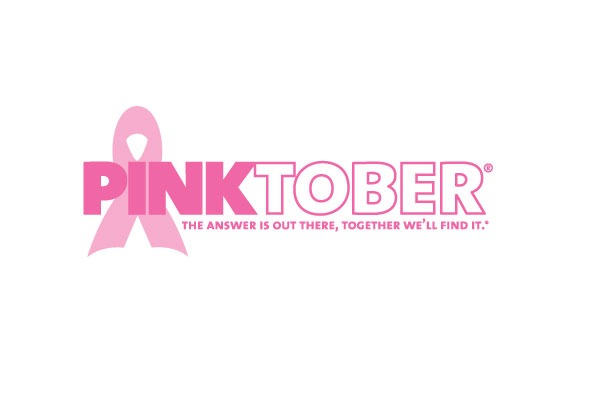
October, or Pinktober, is breast cancer awareness month. This year, with Angelina Jolie’s startling revelation last May, the hype is all about prevention and specifically gene testing for breast cancer.
After Jolie revealed that she underwent double preventive mastectomy after having a genetic screening that revealed an 87% chance of breast cancer, doctors all over the world have noticed an increase in the demand of the procedure and the genetic screening. Even in our dear Arab world, a genetic counseling clinic is offering genetic screening to a variety of cancers including breast cancer in Dubai.
So what is genetic screening ?
BRCA1 and BRCA2 genes have been associated with breast cancer, which is a misconception. They are actually tumor suppressor genes protecting you from developing the disease. A mutation in one or both of them puts both women and men at developing breast cancer. Yes, men can develop breast cancer too, but it is very rare.
These mutations can be inherited or are newly developed owing to other risk factors. Genetic screening tests for the alterations found in such genes, if any, and gives you a statistical analysis of a risk factor for developing the disease. 55 to 65 percent of women who inherit a harmful BRCA1 mutation and around 45 percent of women who inherit a harmful BRCA2 mutation will develop breast cancer by age 70 years.
Since this is a risk factor and not a causative agent, for most doctors it is not enough to proceed with preventive surgery. The association with other risk factors, most importantly age and family history, in addition to radiation exposure determines how much you are at risk and how much you might need preventive surgery.
So what does a woman do when she has a 50% chance of developing breast cancer by the age of 70 ?
Regular screening is the key.
Breast Self Examination (BSE) is crucial and one of the greatest aims of Pinktober is to spread awareness and educate girls and women on how to perform BSE on regular basis. A yearly or twice a year mammogram after the age of forty to detect the very early stages of the disease is helpful under the supervision of your doctor. Leading a healthy lifestyle is just good in all ways possible.
It is true that the numbers of breast cancer cases are increasing, but so is the survival rate. The main goal is early detection and proper management.
Happy Pinktober, everybody and stay safe!


